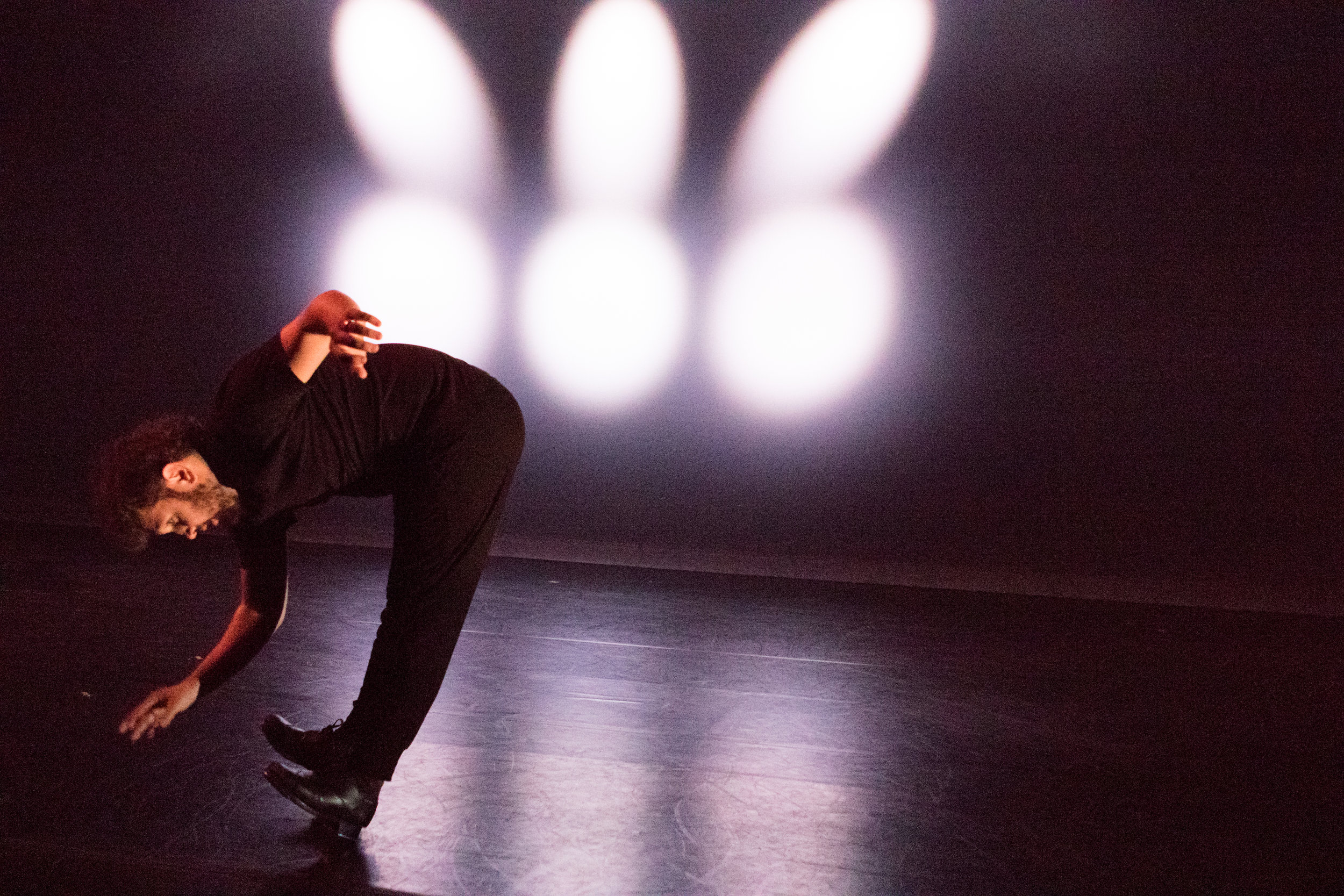
Biography
Charlie Maybee is a choreographer, musician, teacher, and writer currently based in Charleston, South Carolina. He holds an MFA in Dance from the University of Illinois with a certificate in Criticism and Interpretive Theory, a BFA from Virginia Commonwealth University, and is an alumnus of the Metropolitan Youth Tap Ensemble. As an educator, Charlie is currently on faculty at College of Charleston where he primarily teaches tap dance and modern dance technique. He is also an accompanist who plays drums, guitar, and piano for dance classes. In 2014, he founded his own performing company, Polymath Performance Project, through which he makes and shows interdisciplinary performances nationally that center tap dance as the primary mode of expression. His current choreo-scholarly research explores hybridity and techno-cultures through a tap dancer’s perspective and works to make tap dance more pronounced in contemporary performance and higher education. He currently fronts the solo music project, NOX ETERNA, which has its first EP release planned for 2023. Charlie is also a contributing writer to the DC, Maryland, Virginia (DMV) digital publication Alchemical Records which primarily covers new events and releases in the local music scene.

Artist Statement
I am a punk and a storyteller who centralizes tap dance as the root of creative research. My work doubles as a speculative retelling of tap dance’s rich history and an expansion of the genre through the literary devices of science fiction. As a musician, I am invested in the transgressive nature of punk music, and I combine it with my background in rhythm tap to create an abrasive, rhythmically complex, and fantastical approach to choreography.
With my company, Polymath Performance Project, I explore hybridity as a method of making by highlighting tap dance as a complex intersection of dance and music, body and technology, and composted cultural knowledges. My collaborators tend to transgress disciplinary lines of thinking and making; especially as dancers, musicians, actors, and writers. The primary function of revealing tap dance’s capacity to dissolve these genre borders is to emphasize its avant-garde nature and question what that means regarding its status as the first American dance form.
Because of this transgression of boundaries, my work is fundamentally cross-disciplinary and emphasizes the skill of translation. I consider tap dance as an alternative form of physio-musical conversation that departs from verbal, or textual language, yet maintains a linguistic quality. There’s a sensorial shift that happens in my work where the visual, the audible, and the touchable become intertwined in a unique mode of synesthesia, and I use this experimental form of conversation to tell stories about hybrid identities from a tap dancer’s perspective.
